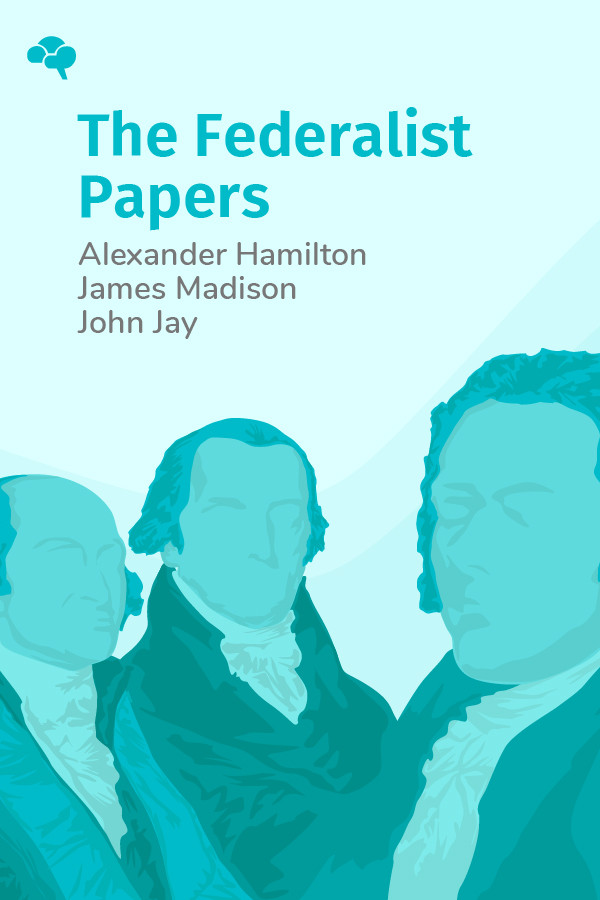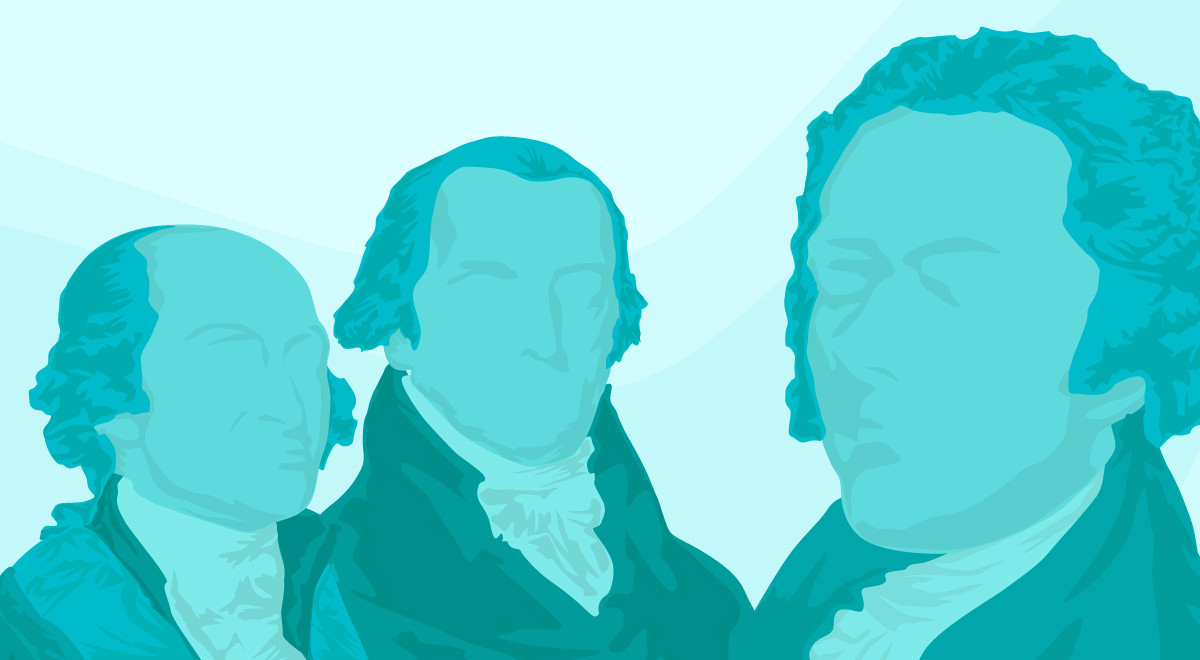

What You'll Learn:
The Declaration of Independence and a victorious revolution didn’t seamlessly resolve the new nation’s issues. The country had no army, no power to tax, no law-making body that all states respected, and no direction or set of interests that united them. In short, they were the States of America, but not the United States of America. After the Constitutional Convention, three delegates (Alexander Hamilton, James Madison, and John Jay) made it their mission to convince delegates to form a Union. They argued in a series of essays published between 1787 and 1788 that, if the nation hoped to survive, it must ratify the proposed Constitution.
Key Insights:
- For the sake of the common good, decisions should follow from evidence rather than emotions or personal interest.
- One of the biggest advantages to a Union is its ability to deal well with factions.
- Without a national government to unite the states, the new nation will likely dissolve into anarchy.
- A republic is the only form of government worthy of the American people.
- A system of checks and balances harnesses humans’ natural tendency to hold onto power, in a way that protects citizens from tyranny.




